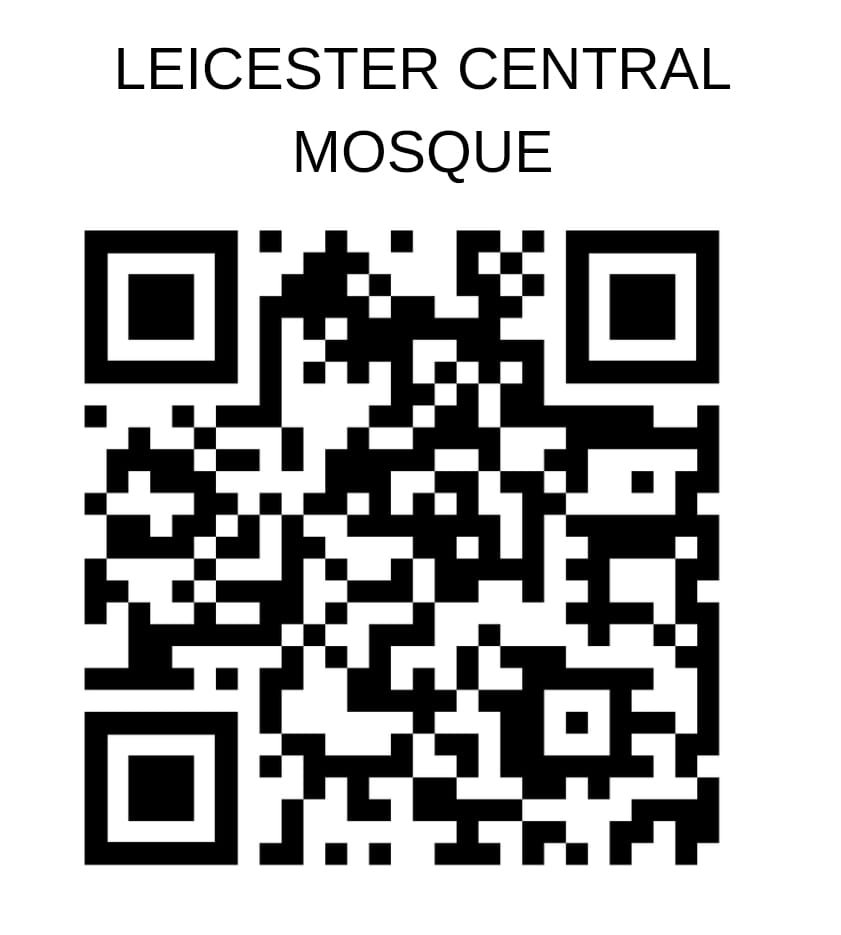Information on Fasting
Ramadan
Fasting throughout the month of Ramadan is obligatory, one who denies this becomes a kafir, and one who misses it without any religious reason commits a grave sin. This is the best month of the Islamic calendar. A fard carried out during this holy month bears the reward of 70 fard acts and a nafl being observed during this month has the reward of a fard.
What is Fasting and who should do it
Fasting means to abstain form eating, drinking, smoking and sexual intercourse from dawn to sunset.
It is fard (compulsory) on every Muslim who has reached
puberty (i.e. has become baligh) to fast during the month of
Ramadan.
Allah has made fasting Fard on us in the month of Ramadan
because it keeps us away from sins. Apart from many other
advantages, fasting is extremely good for you health.
What things will break a fast
•Eating, drinking, smoking intentionally.
•Sexual intercourse, masturbation (remember that masturbation is Haraam (strictly forbidden) whether you are fasting or not).
•Vomiting, if mouthful or more.
•Putting Medicine in your ears or nostrils.
•Take care when performing wuzu that water does not pass down your throat or else the fast will break.
•Starting of haiz or nifas.
What things will make your fasting Makruh (decrease the
reward)
Backbiting, telling lies, slandering abuse, kissing or embracing your spouse, elongating gargling, chewing and testing of food without a reason, hurting someone, and all the Haraam things in Islam.
What things will NOT break a fast
•Eating, drinking, smoking or sexual intercourse by mistake (forgetting that you are fasting).
•Application of surmah, Kajal, facial cream, hair oil, perfume etc.
•Vomiting or swallowing back unintentionally, even if it is more then a mouthful.
•Wet dreams.
•The use of miswak or toothbrush.
•Istihaza (This is the name given to the abnormal vaginal bleeding due to some form of illness) It is Fard to pray Namaz and fast in Ramadan during Istihaza.
Who is excused from fasting
•Children under the age of puberty.
•The insane.
•The very old, weak and sick who cannot bear the hardship of fasting, however the person should give a Kaffara.
•Pregnant women.
•Mothers breast feeding their babies.
•Women having periods (Haiz), or post natal bleeding (Nifas).
•Person Traveling over 57½ miles.
In all these situations, qaza has to be made after Ramadan.
Kaffarah
If someone breaks the fast before sunset without any religious reason he or she will have to observe 60 successive fasts outside the month of Ramadan, and if
a person is incapable of doing it, 60 people should be
given food (lunch and dinner) to compensate it. In all
other cases qaza has to be made after Ramadan.
Tarawih
It is an important sunnat to read 20 rakaat sunnat additional prayer after performing 4 rakaat fard and 2 sunnat prayer of Isha, through the month of Ramadan. It is highly preferable to read this Tarawih prayer with Jamaat. Those who miss fard of Isha with Jamaat are required to read witr prayer of Isha alone.
Sehri
It is sunnat to eat sehri i.e. to eat something before dawn. Allah and his angles send his blessings upon people having sehri.
Iftar
It is also sunnat to break the fast just after sunset. During the rainy season and cloudy weather it is better to delay it for a few minutes. It is sunnat to begin to eat at the time of iftar with fresh, dry dates or water.
Eid-ul-Fitr
Eid-ul-fitr refers to the festival after completion of fasting in the
month of Ramadan. This special occasion is celebrated on the 1st of Sawwal, which is the 10th month in the Islamic calendar. The festival of Eid-ul-fitr is a manner of showing appreciation and gratitude to the Almighty Allah for all he has bestowed upon us.
On the morning of Eid-ul-fitr, Muslims throughout the world perform Eid Prayers, which is compulsory upon all Muslims. It is not permissible to miss the Eid prayers without a valid reason. One must listen to the Khutba in the Mosque after the prayers. Below are various actions which are desirable on the day of Eid and some of them are the sunnah of our beloved Prophet (sallallaho alaihi wasallam) and therefore deserve the appropriate reward for performing them.
•To trim the hair and nails.
•To perform Ghusl.
•To wear new or good clean clothes.
•To wear a ring (for men - a silver ring maximum weight 4.83 grams with one stone).
•To use perfume.
•To go walking to the Mosque or place of Eid prayers.
•To perform Fajr prayers at the mosque.
•To go from one street and to return through another.
•To eat few dates preferably odd numbers or anything sweet before going for Eid prayers.
•To show happiness and gratification.
•To give charity in abundance.
•To walk modestly, relaxed and in a dignified manner towards the Eid gathering.
•To wish and congratulate one another after Eid prayers, by shaking hands and embracing each other.
Fitrah
Our fasts remain unaccepted unless we pay this sadqah. It is sunnat to pay it before Eid prayer. If we pay it out in Ramadan we get more sawaab. You are requested to pay it at The Islamic Centre. This year the amount of fitrana payable per head is £3.00.
Some important dates in the month of Ramadan
3rd Ramadan - Wisal of Bibi Fatima
10th Ramadan - Wisal of Bibi Khadija
14th Ramadan - Wisal of Hazrat Ba Yazeed Bustamee
15th Ramadan - Birthday of Hazrat Imam Hassan
17th Ramadan - Jang-e- Badr
- Wisal of Bibi Aisha 20th Ramadan
- Victory of Makkah
21st Ramadan - Sahadat of Hazrat Ali
22nd Ramadan - Urs of Junnid Bagadadi
25th Ramadan - The revelation of the Holy Quran
27th Ramadan - LailatuI Qadr (The night of power)
29th Ramadan - Wisal of Hazrat Umar-bin-Aass


